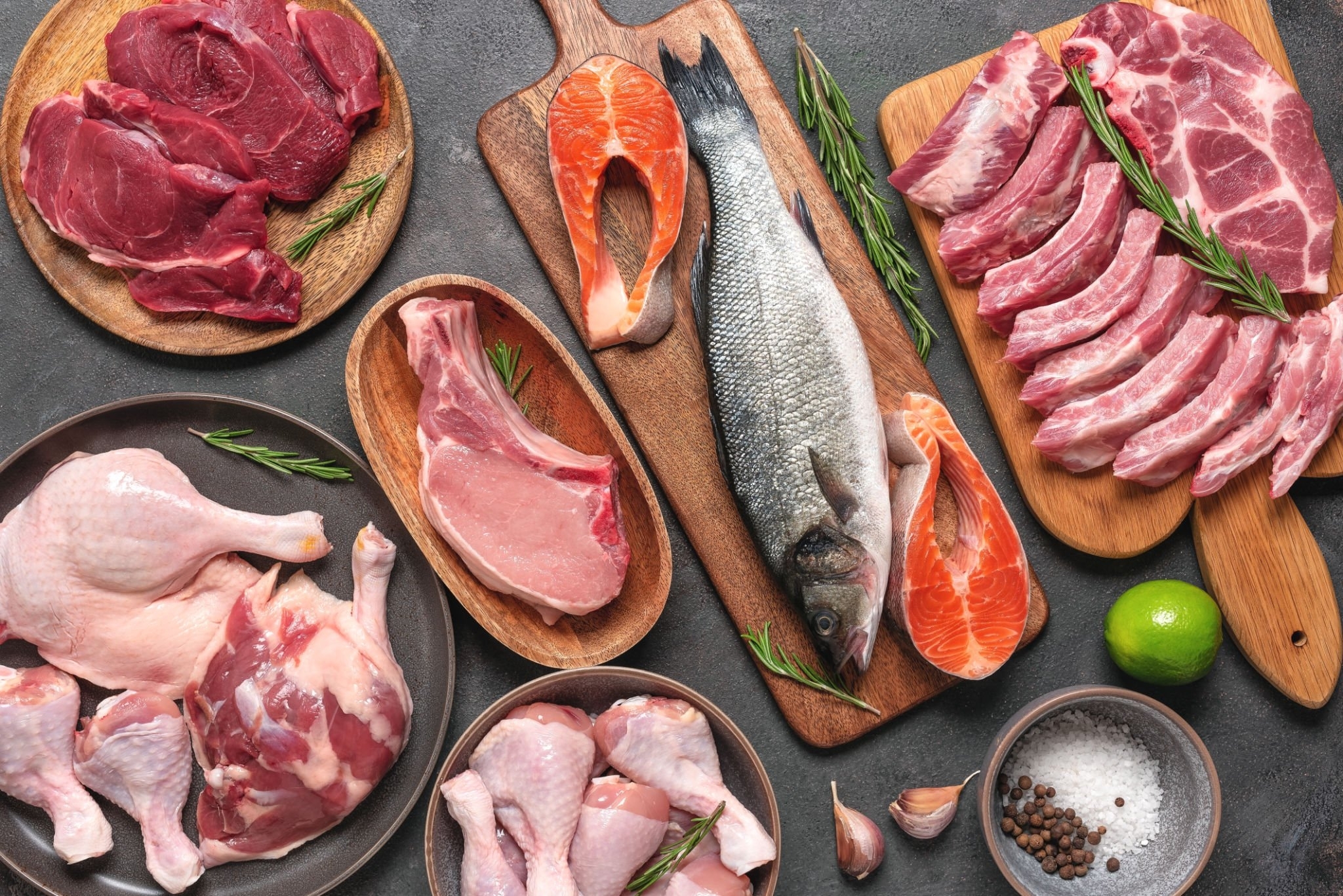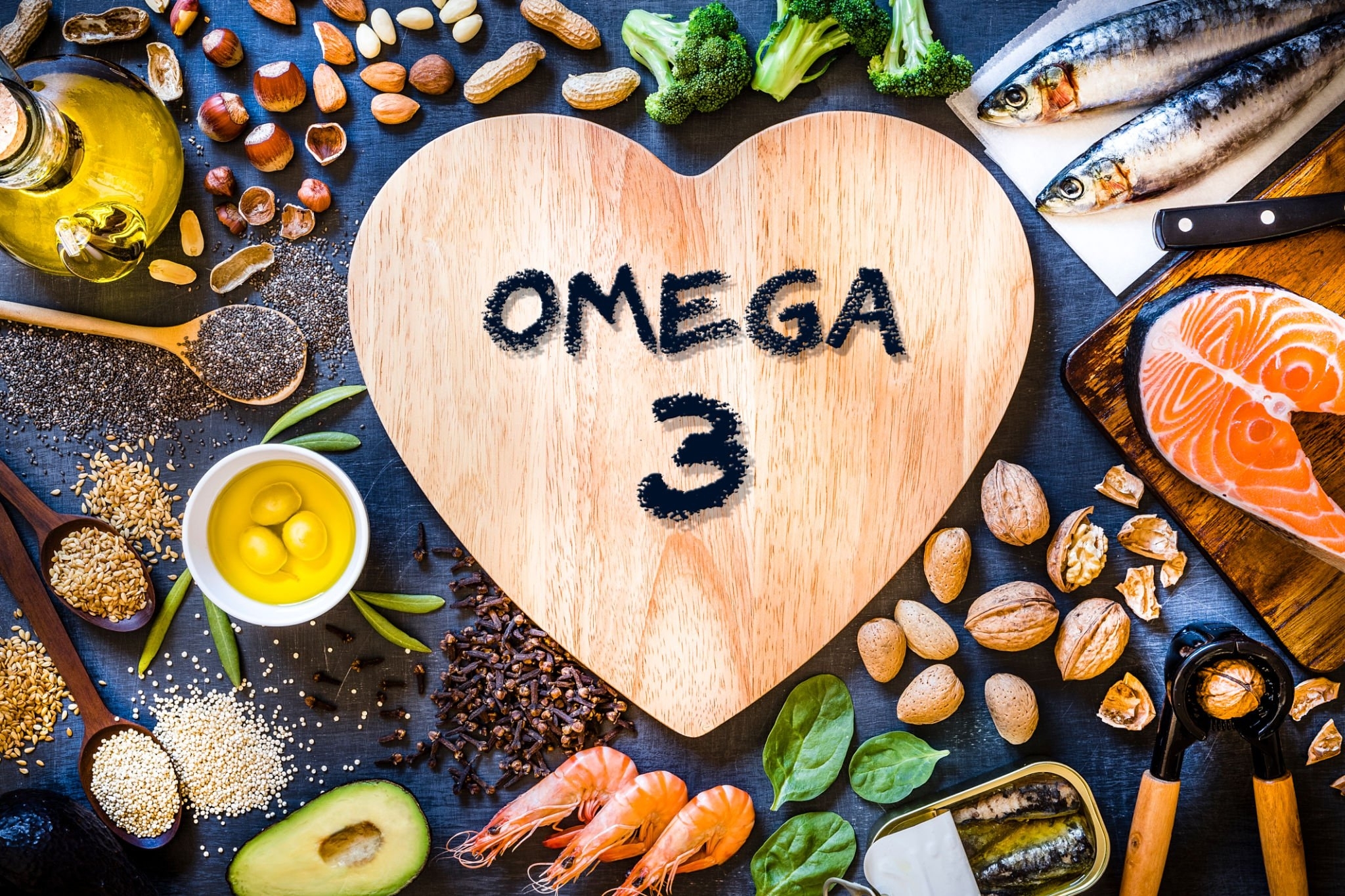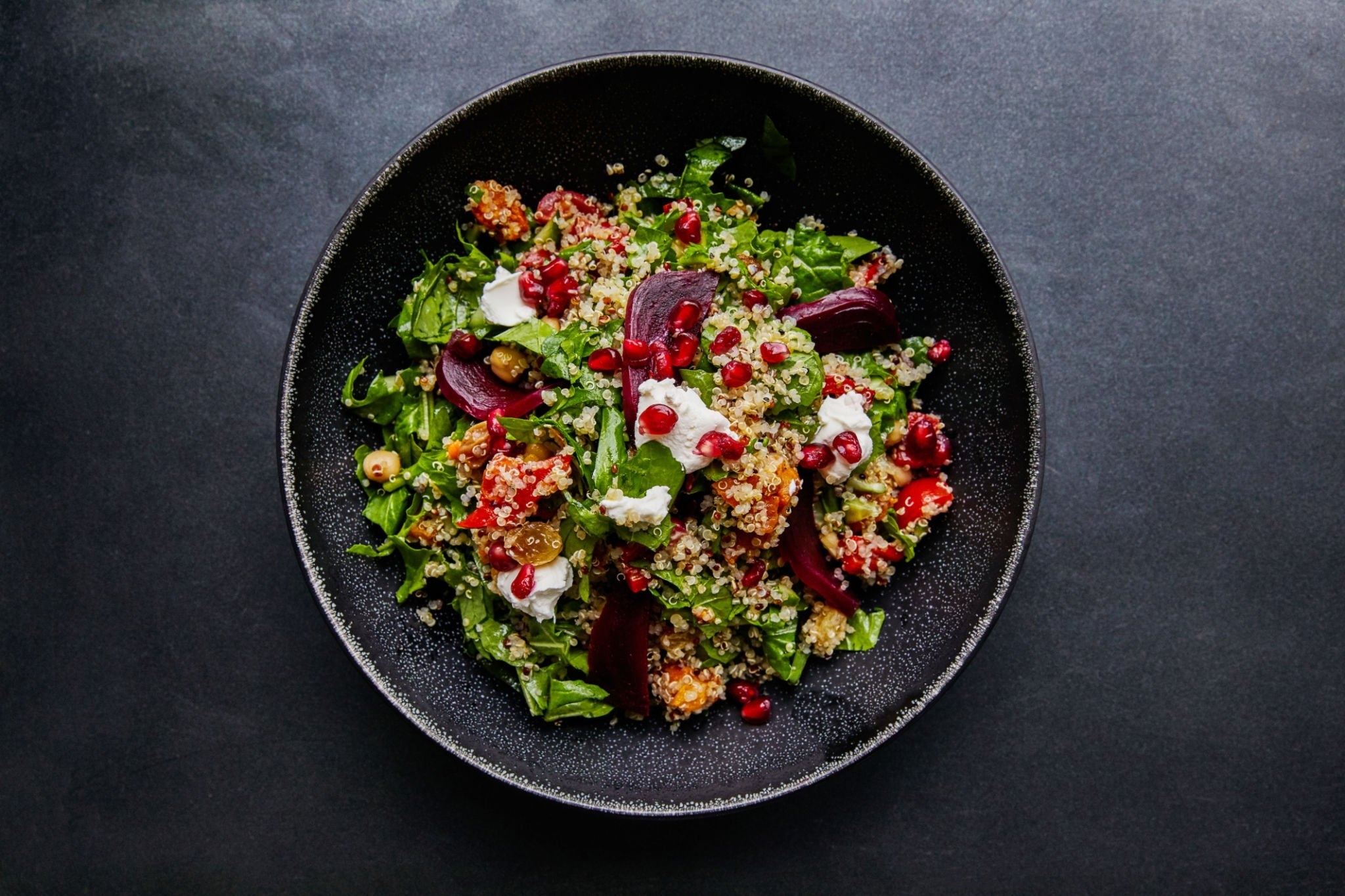
Nutrition is a complex topic, but it doesn’t have to be. In this article, we’ll show you how to make small changes that can lead to big results in your nutrition plan.
We’ll discuss the importance of protein at every meal and why carbs should be paired with protein instead of overindulging alone.
We’ll also go through some other tips for improving your nutrition, like focusing on lentils, beans, and quinoa as sources of fiber along with essential minerals like potassium, enjoying healthy fats like olive oil or avocado, and having fruit after lunch or dinner if you don’t feel like eating carbs again!
Eat protein at every meal

Protein is an essential macronutrient that helps you build lean muscle, repair tissues, and maintain your hair, skin, and nervous system. It’s also crucial for creating new brain cells.
Protein can be found in meat, fish, eggs, and dairy products, but not all of us eat the same types of protein at every meal.
If you want to improve your nutrition by adding more protein into your diet, and keeping up with other nutrients like fiber or carbs, try incorporating some whole foods into each meal (like yogurt) instead of just eating refined cuts of meat all day long!
You’ll still get plenty of protein without having to worry about whether or not it’s going to be balanced out properly.”
Avoid over-indulging in carbohydrates. Instead, pair carbs with protein
Carbohydrates are the primary source of energy for the body and can be found in foods such as grains and vegetables.
When eaten alone, they provide little to no nutritional value, but when paired with other sources of food (such as proteins or fats), they help us feel fuller longer by helping us feel satiated sooner after eating.
Protein provides essential amino acids that are needed for muscle building, fats provide energy, and fiber keeps us regular by helping our digestive system function properly.
Enjoy healthy fats and omega-3

Omega-3 and healthy fats are good for your heart, so it’s no surprise that they can help you maintain a healthy weight.
They’re also an important part of brain function, which is why omega-3 is known to improve cognitive performance when taken over time.
Omega 3 fatty acids can help fight inflammation in the body, a key factor in many health issues like arthritis or eczema.
Focus on lentils, beans, and quinoa for fiber, protein, and essential minerals
Lentils provide a good source of protein for vegetarians. Quinoa is also a good source of iron, it’s one of the few plant-based foods that can supply you with plenty of this important mineral.
Beans contain high amounts of magnesium which helps keep your blood pressure under control as well as helps to prevent osteoporosis (thinning bones).
Quinoa is a grain-like seed that is high in protein and nutrients. It is considered a superfood and is a popular alternative to rice or pasta in many dishes.
Protein is an essential macronutrient that is important for building and repairing tissues in the body. It is found in a wide variety of foods, including meat, dairy, beans, and nuts, and is necessary for proper growth and development.
Essential minerals are inorganic substances that are required by the body for various functions, such as building strong bones and regulating metabolism. Examples of essential minerals include calcium, potassium, and iron.
Have fruit for dessert after lunch and dinner

Fruit is an excellent source of vitamins and minerals. A serving of fruit contains about 100 calories, which is only 10% of the total daily caloric intake.
Fruit also has a high fiber content, which helps to fill you up without adding too many calories or fat grams to your diet.
Fruit also gives you a smoothie-like feeling that can help keep you full longer when paired with other foods such as protein shakes and yogurt in the morning or afternoon snacks before dinner.
Small steps can lead to significant results
When you’re taking small steps, you can be sure that they will lead to significant results. For example, if your goal is to walk for 30 minutes each day, a good way of achieving this goal would be by setting up an alarm on your phone or fitness tracker so that it goes off every morning at 6:30 am.
Once you’ve achieved this goal and become more active as a result of working out regularly, then those habits can carry over into other areas of life, like eating healthier foods or exercising more often during the weekdays instead of just on weekends.
Another way in which small steps can lead to significant results is by keeping yourself motivated throughout the process, there are many ways that people get bored with their lives and lose interest in doing anything new or different from what they already do all day long (such as going shopping).
By encouraging ourselves with rewards such as stickers on social media accounts or even prizes like free meals at restaurants when finishing tasks successfully beforehand – these types of incentives help keep us focused while making progress towards our goals!
Conclusion
If you want to improve your nutrition, don’t be afraid to experiment with new foods. Focus on eating more protein, fiber-rich carbs, and healthy fats like omega-3s. By taking these small steps, you can have a healthier body in no time at all!












